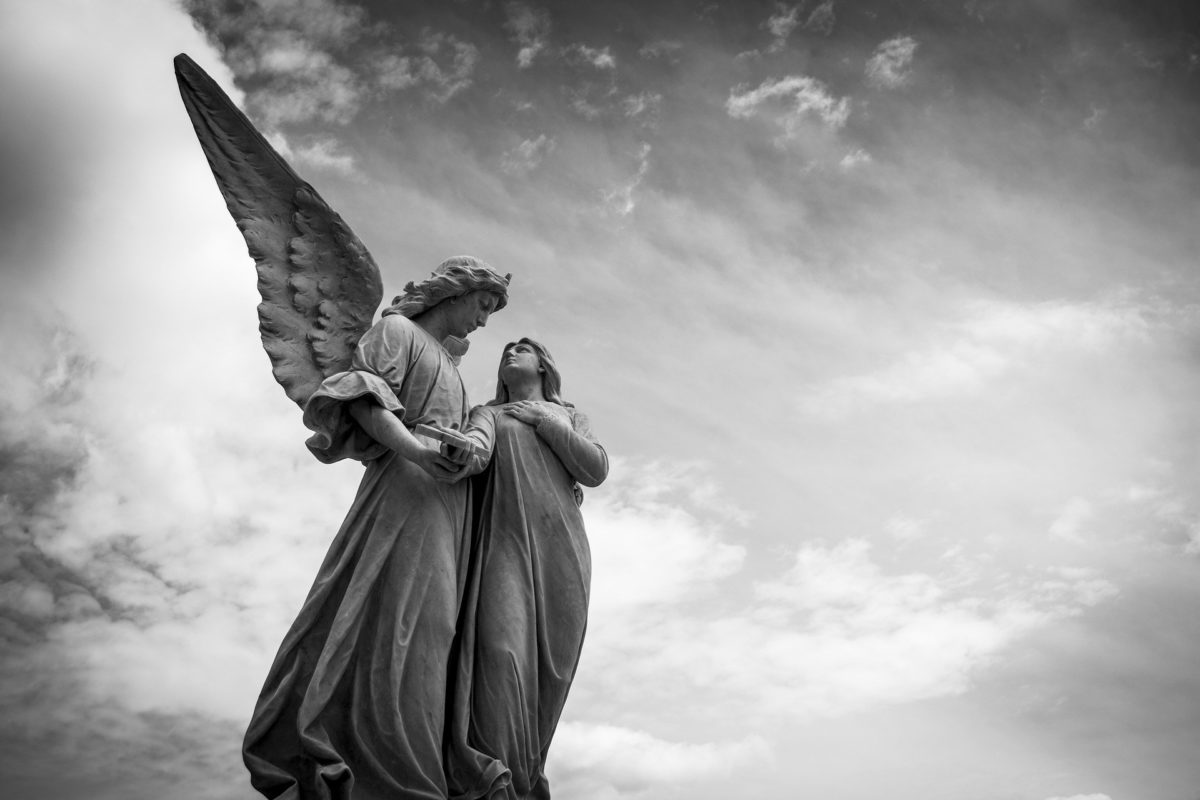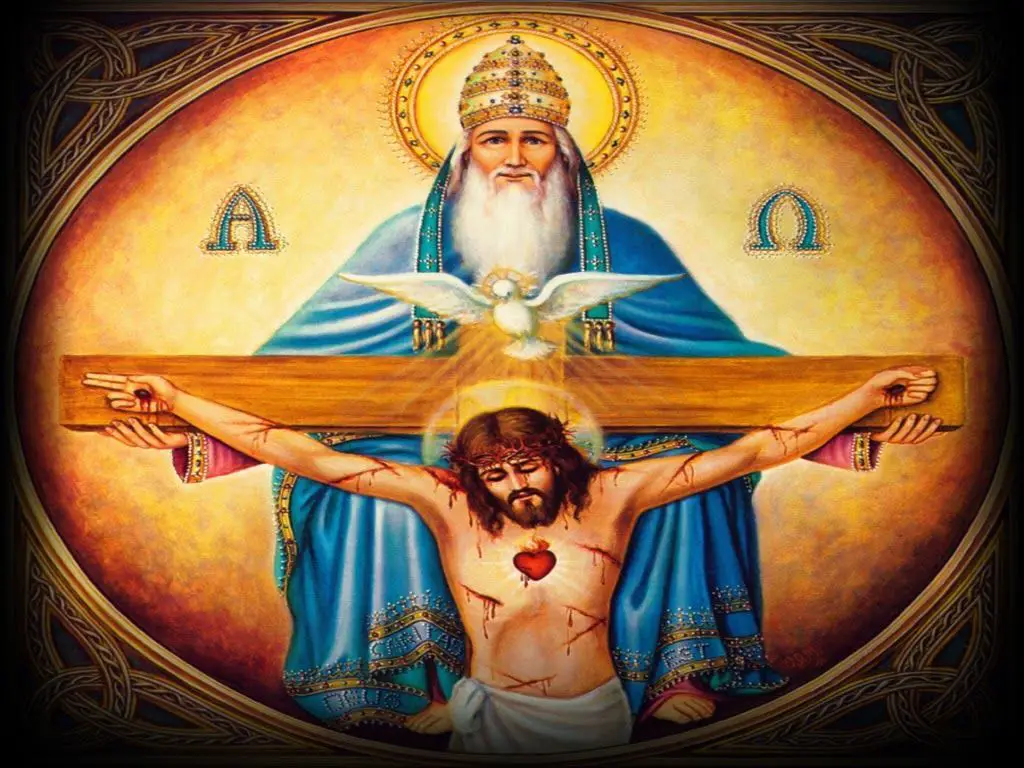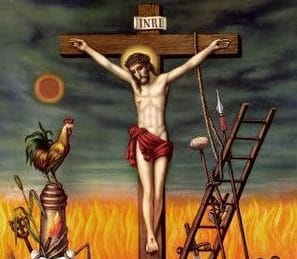Saint Alexander belonged to the illustrious bishopric of Alexandria. He was a man who was always against heresy. He vehemently defended the commandments of God. Read all about Saint Alexander in this article.
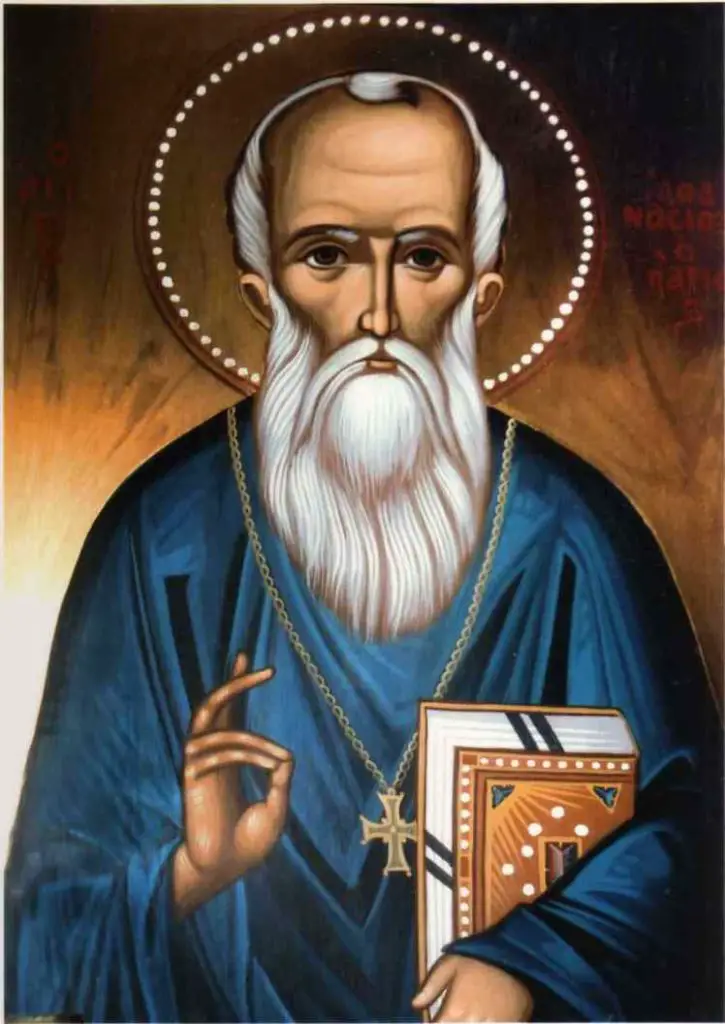
History of Saint Alexander
The great Saint Alexander was born in Alexandria in the year 250. He always lived there because he had a strong desire to serve God in some way. He was the successor of Aquinas, who was appointed Bishop of Alexandria. He strongly rejected the heresies, especially the false prophets and historians who claimed that Jesus Christ was not the true Son of God.
He opposed the dogmas of a priest known as Arius, who denied that Jesus was the only begotten Son of the Most High. Although St Alexander was a strict and somewhat ill-tempered bishop, he always showed an interest in helping those in need. His Christian faith and devotion led him to the seminary, and his virtues soon made him the bishop of his native community.
St Alexander also supported men who led a life of celibacy, respecting the influence of St Anthony Abbot on those who sought refuge in solitude. The saint received special permissions in his office, for example to appoint other priests to lead the lay ministry throughout Egypt. St Alexander was tempted by the devil through Arius, who wanted to enrage him with the premise that Jesus was not the Son of God.
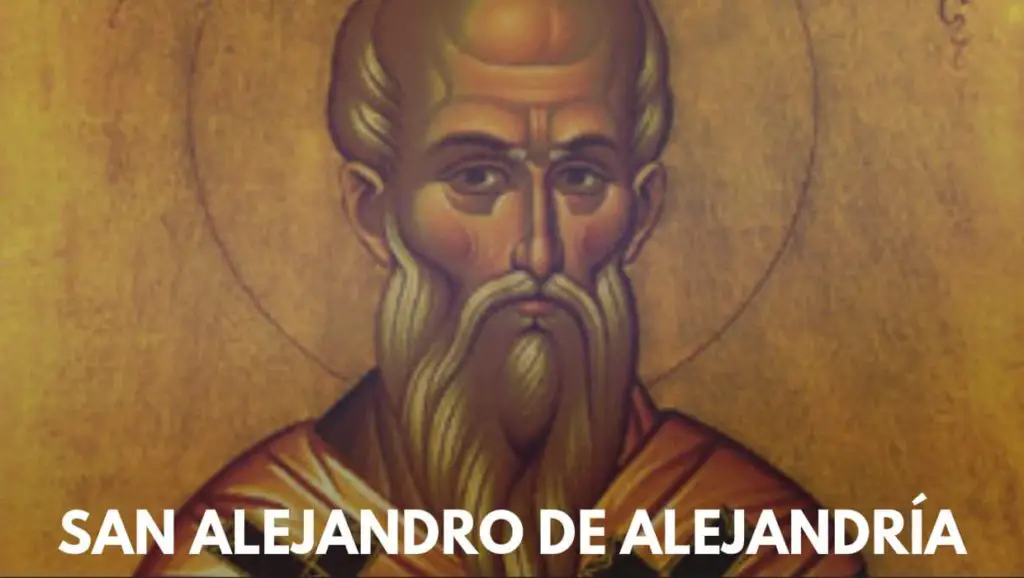
In fact, Arius spread misinformation throughout Alexandria to make St Alexander look like a false prophet. Although the man was the victim of slander, he remained calm because he knew that the priest was lying. St Alexander argued with Arius to disprove all the information he had spread in Egypt and to return to the Orthodox Church.
Arius’ dogmas gained strength in the face of St Alexander’s truths about the birth of Jesus. The bishop had no choice but to call a meeting of all the priests. He achieved nothing by this method, for he was excommunicated by the ecclesiastical authorities for failing to prove the falsehoods of Arius. However, within a few days the fraudulent priest was tried by another group of priests and St Alexander was pardoned.
The bishop was not satisfied with the pardon of his colleagues, so he decided to send a letter to the highest authorities in Constantinople to make known the case of Arius and his heresy. It should be remembered that the Emperor Constantine, son of St Helena of Constantinople, once held office there.
In 325, at another papal council, the new ideas proposed by Arius were rejected and the positions of St Alexander were supported. Emperor Constantine immediately ordered Arius and his collaborators to be banished to a forgotten land. Having achieved victory, St Alexander returned to Alexandria to continue in office. 8 years of success determined the continuation of St Alexander in Alexandria.
St. Athanasius became St. Alexander’s successor when he died in 326 in Ibidem.
Life of Saint Alexander
Saint Alexander, also known as the Patriarch of Alexandria, was a successful bishop of Alexandria. His long journey as a bishop was not a smooth one, for a false prophet posing as a priest, Arius, established a series of false dogmas about the life of Jesus, claiming that he was not the Son of God, but an ordinary creature.
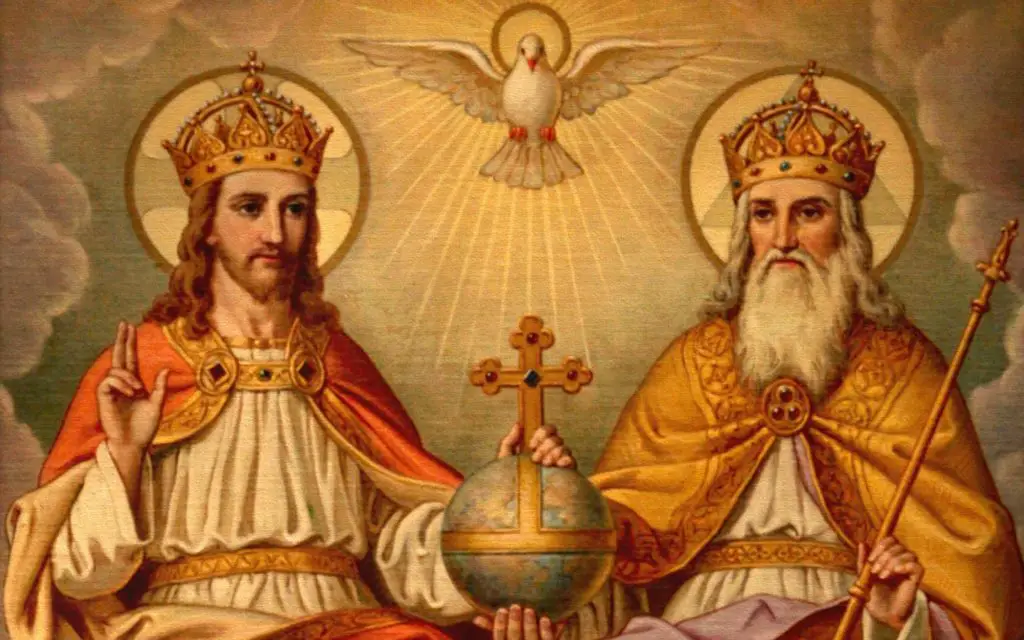
St Alexander also fell victim to his lies, accusing him of being a Pharisee. A few days later, the community of Alexandria began to lose respect for the bishop, so he decided to send a letter to the clergy of Constantinople to discuss the case of Arius.
Although the man was the victim of slander, he remained calm because he knew about the priest’s lies. St Alexander held a discussion with Arius to refute all the information he had spread in Egypt and to persuade him to return to the Orthodox Church. The clergy punished the saint by excommunicating him because he did not have enough evidence to disprove the version of the priest Arius.
Emperor Constantine was one of the few people who believed St Alexander’s claims and he decided to hold another conference with the clergy to evaluate his case. The meeting decided that Arius had indeed lied about the origin of Christ, and he and his accomplices were banished from Alexandria.
St Alexander, feeling his death approaching, decided to prepare one of his most efficient pupils: Saint Athanasius. As time went by, the boy had already gained a good reputation and everything pointed to him being St Alexander’s successor.
The great saint supported all the monks who led a hostile life in order to find the love of God in the desert. He also highlighted those who helped the poor. St Valerius also supported this hermit’s life of contemplation.
St Alexander’s Day
The feast day of St Alexander is 26 February. This majestic man led the bishopric of Alexandria with great diligence and decency. He was able to help the most needy, such as orphans, widows and other destitute people of the world. His deep faith enabled him to defend his ideals convincingly in the face of the lies of a Pharisee priest.
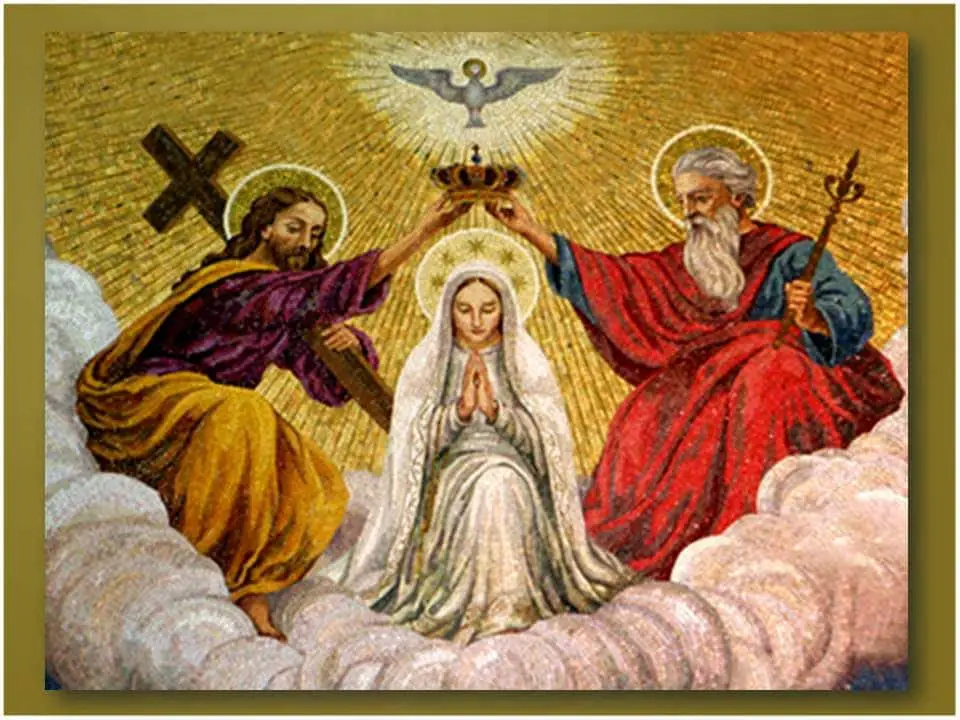
The Catholic Church celebrates Saint Alexander for defending the Word of God in all its glory. His actions and regulations within the bishopric earned him the name of Saint. Alexander overcame many obstacles to maintain his truth in the face of heresy and the temptations of the devil.
Saint Alexander of Jerusalem
On the other hand, we have St Alexander of Jerusalem, who was a Christian saint and martyr. Like St Blaise, he was persecuted by the tyrannical emperor Decius for worshipping Christian virtues. St Alexander of Jerusalem also became an important bishop in the community of Cappadocia. He spent much of his life on the run or as a prisoner of these pagan-minded men.
He was tortured under the command of Alexander Severus. The saint managed to win his freedom to go to Jerusalem to help the bishop of the time. Because of his efficiency, he was appointed his private assistant. When St Narcissus died, Alexander became bishop, as the old man left everything in place for his succession. The saint was a friend of Origen, whom he allowed to say words of encouragement to the congregation during mass.
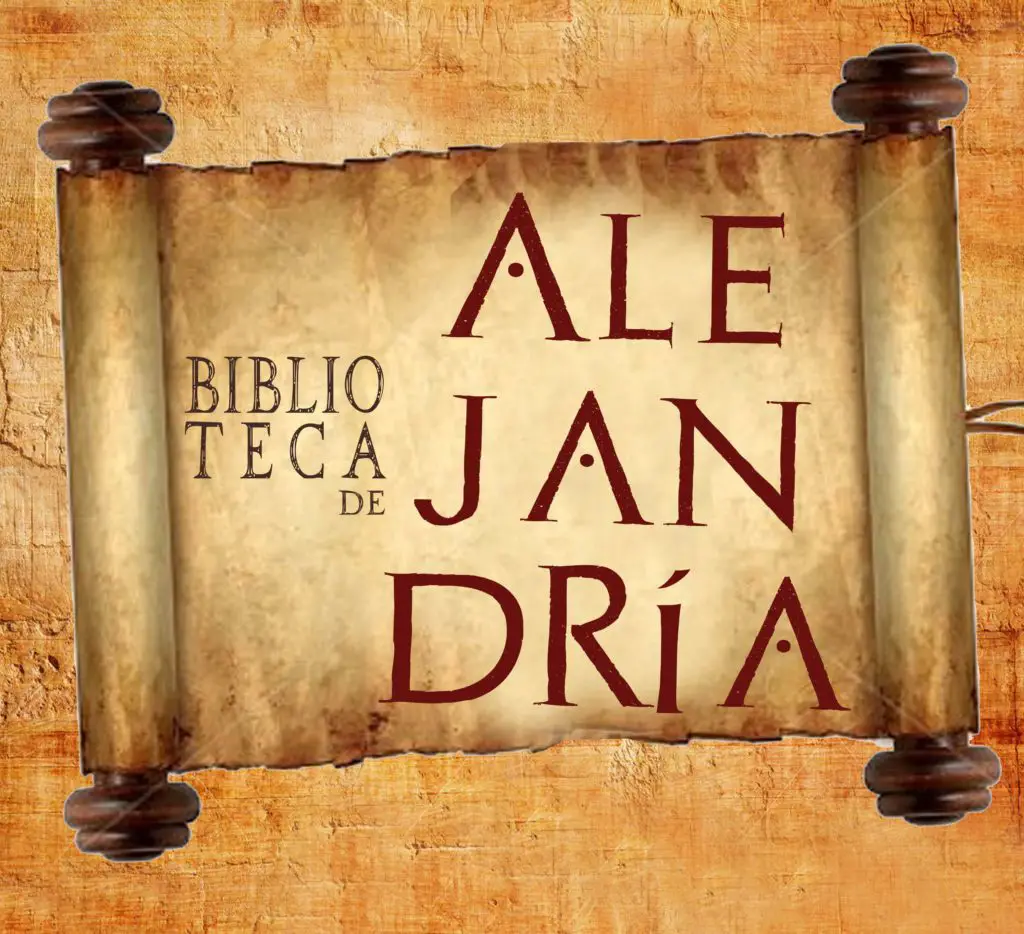
St Alexander of Jerusalem was an admirer of literary works and spent long hours reading while in prison. This led him to establish a large library in the Holy Land. A few years before his death, he was again imprisoned by the authorities in Caesarea. Legend has it that during the last years of his imprisonment, a tiara grew out of his grey hair, much to the amazement of all the prisoners and guards at the time.
Alexander was always described as a man of great kindness and altruism. He was able to take bread from his mouth to feed the hungry, he cared for thousands of sick people (including the prisoners who accompanied him on the difficult journey through the prison).
The executioners tortured St Alexander of Jerusalem in front of the wild beasts in the courtroom. However, he survived all the attacks and even the wild animals, instead of devouring him, used him to lick their feet. Alexander did not endure this trial for long and died in prison in 251.
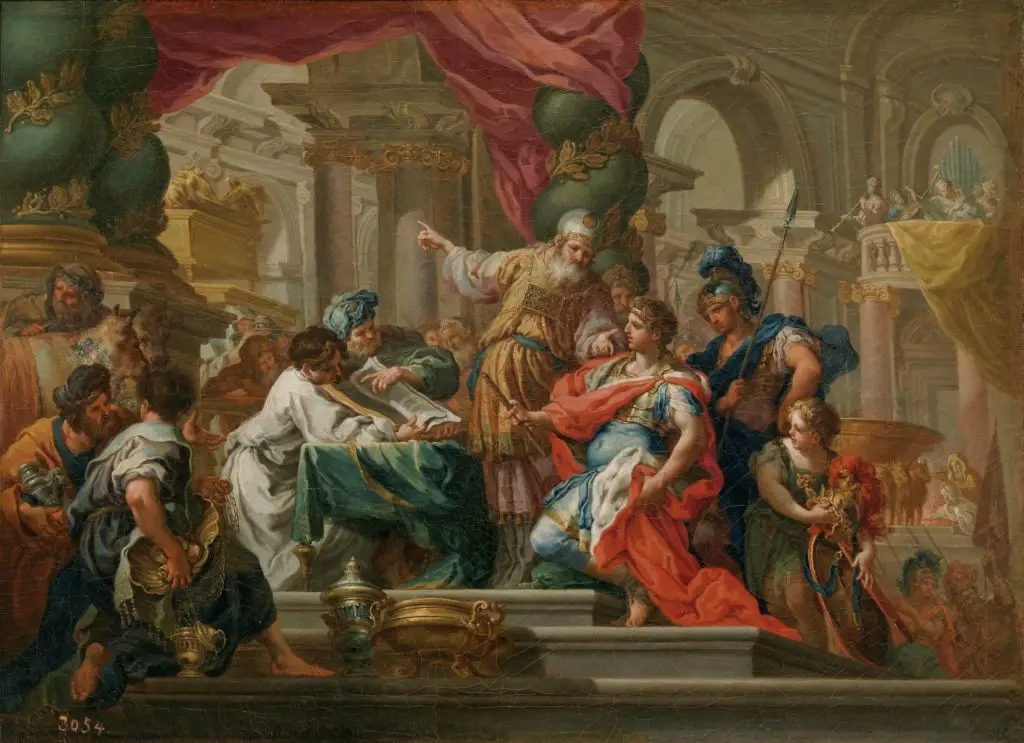
Saint Alexander Briant
The life of Saint Alexander Briant is very similar to that of Alexander of Jerusalem, as he was an English martyr who suffered endless tortures. He was born in England in 1556 and died as a young man in 1581. St Alexander Briant appears in the English Martyrology, which lists him with 40 other Christian martyrs.
Briant was noted for his great intellect, for which he was honoured at Oxford University. After graduating, he worked for a time to support his family, who were not the wealthiest in England. In March 1581 he was arrested by the London authorities and imprisoned in Counter Prison. The jailers were given the task of torturing him on a bed of nails or inserting sharp needles into his feet.
During his imprisonment he never forgot God’s divine mercy and asked for intercession to ascend to heaven after his death. St Alexander Briant was accused of attempting to assassinate the Queen of England. Despite insufficient evidence, he was imprisoned because no other suspects came forward. He was beatified by Pope Paul V on 25 October 1970.
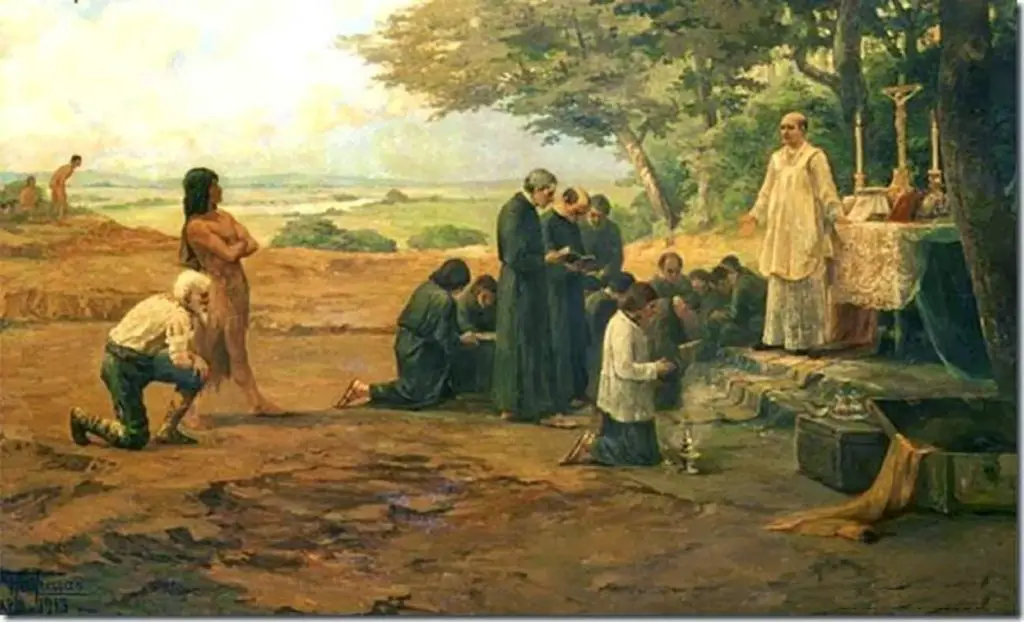
Saint Alexander of Sauli
Saint Alexander of Sauli was an Italian bishop born in Milan in 1525. From an early age he showed a gift for justice which enabled him to go far in any project he set his mind to. At the age of 17 he gave himself completely to the Christian faith and joined the community of the Barabbas Men. When he was raised to the priesthood, he immediately began to profess his love for God in the Eucharist.
The work of St Alexander of Sauli so interested St Charles Borromeo that he asked him to preach in his company. St Charles was Archbishop of Milan at the time. The Milanese community trembled as the two priests celebrated Mass. Soon after, de Sauli was again promoted to superior and adopted Borromeo as his confessor and great friend.
The honours did not cease, and Pius V appointed him Bishop of the island of Corsica, with St Charles as his assistant in all matters. When he arrived on the island, De Sauli was struck by how dilapidated it was, to the point where the old priests looked sickly or worn out. Thieves had taken over the wheat fields, the plague had driven away the few inhabitants, and others were dying.
Saint Alexander’s main objective was to completely transform the neglected state of Corsica, to give life to a city that, although desolate, had many riches that made it unique. As a first measure, Alexander summoned all the former priests of Corsica and the rest of the ecclesiastical authorities to a meeting to save the religious life of the place.
As a second measure, Saint Alexander led a group of catechists to spread the Word of God from house to house, so that everyone would know the sacred dogmas of the Catholic Church. The fruits of St Alexander’s efforts were not long in coming, as the ruined city gradually returned to the celebration of Holy Mass.
Because of his success on the island of Corsica, the saint remained there for 20 years. The admiration and respect of the people led them to christen Saint Alexander “The Apostle of Peace”.
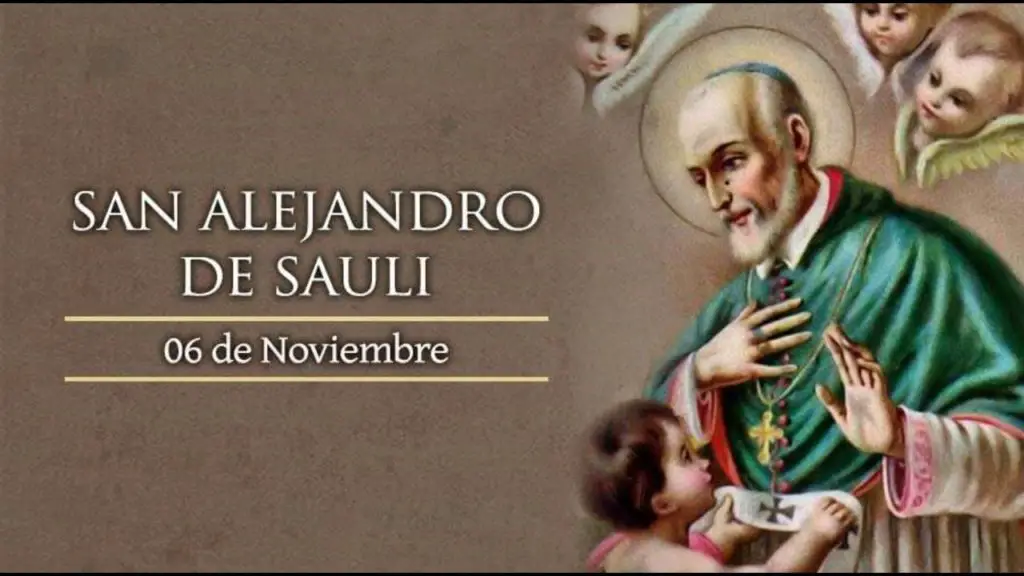
The miracle of Saint Alexander of Sauli
In Corsica, many misfortunes and superstitions were prophesied concerning the harvest and work in the fields. There were also predictions of terrible poverty because of the drought and the fact that sowing would not take place in the best conditions. Saint Alexander visited every plot of land on the island to bless it with holy water. In the days that followed, the crops seemed to survive the harsh sun they were exposed to day after day.
The fact that Corsica’s crops were bearing fruit reached the ears of the evildoers. Pirates came in their ships to plunder all the crops to sell them in the port. The inhabitants of the island fled to their homes because of the ruthless brigands. St Alexander heard of the situation and blessed the sea, causing a great storm that drove the sailors away. It was also used to irrigate the fields.
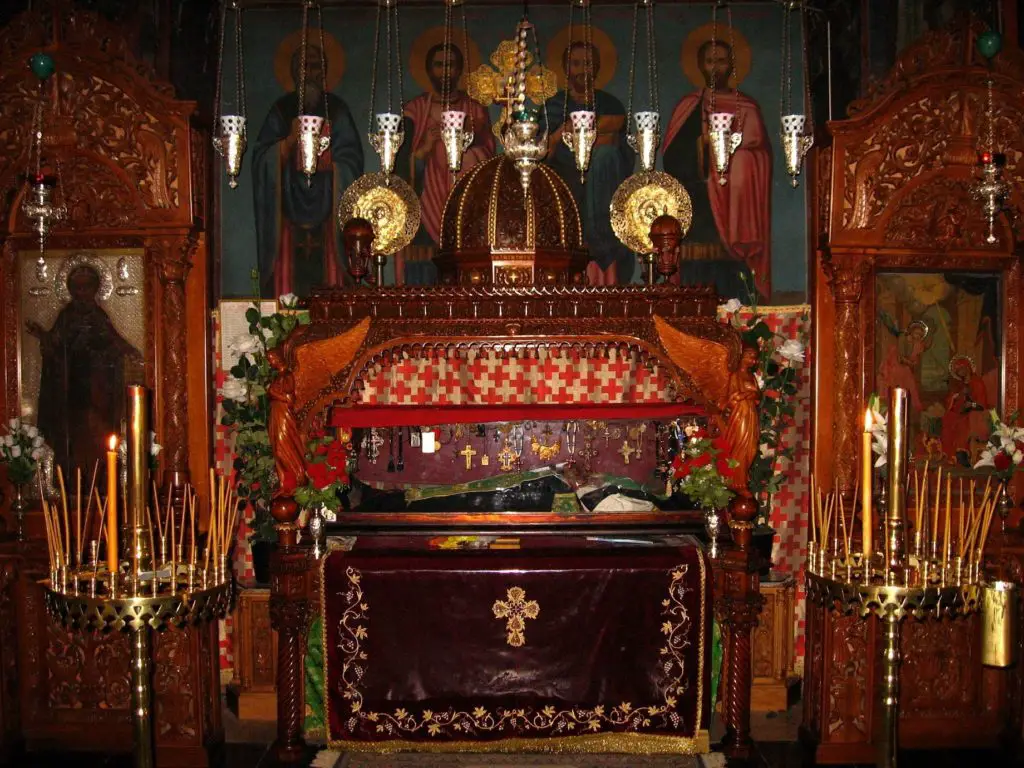
St Alexander also had visions that foretold future events. It is thought that he had a close friendship with St Philip Neri, whom he admired both as a man and as a saint.
These miracles are well remembered by the people of Corsica, just as Saint Rose of Lima has miracles that are still well recognised by the Catholic Church.
Saint Alexander of Bergamo
Saint Alexander of Bergamo was a Theban saint and martyr who is included in the Roman Martyrology. The date of his canonisation is not known, but his cause is: his beatification preceded the creation of the Congregation of All Saints. His birth is dated between the 3rd and 4th centuries. His feast day is 26 August.
De Bergamo had a bitter enemy in the Emperor Maximilian, who ordered him to sacrifice all his Christian thoughts and to kill the gods. The saint remained within his well-founded foundation to help his entire community, making it clear that he had come into the world for a purpose, and the practice of altruism was one of them. He also spread the love of God to people who did not know His word at all.
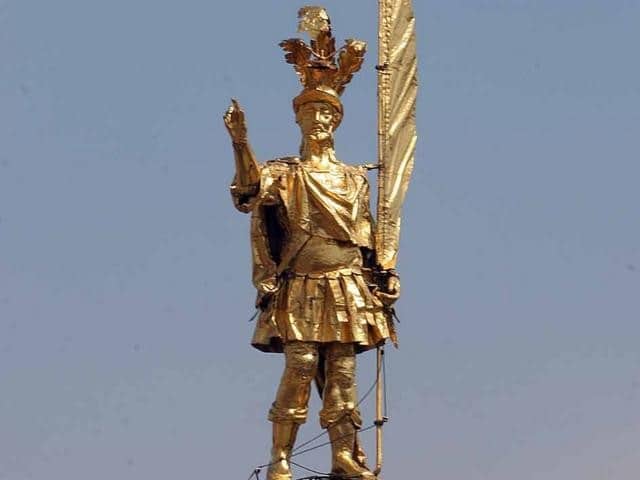
He was christened “The Neighbour’s Saint” because he took care of all the urgent and inaccessible cases, a characteristic in which he resembles St Expeditus. The martyrdom of Saint Alexander was justified by his disobedience to the order of the Emperor, who wanted to completely uproot Christian thought and uphold the law of men over that of God. He was a defender of the Holy Trinity. Before his death, St. Alexander heard the Most High say: “Thou shalt have no god but Me”.
There is very little biographical information about St Alexander of Bergamo, except that he was a Protestant from Thebes. He lived very close to the Christian persecution, as did St Valeria and others who suffered for defending God’s heritage. He was executed in Milan by Maximilian, the highest authority of the time.
The martyrdom of Saint Alexander of Bergamo
It is noteworthy that a series of letters appeared in Milan which give a verbatim account of the execution of St Alexander by Maximilian. The following is part of the dialogue before his martyrdom.
M: Maximilian. A: Alexander
M: Alexander of Bergamo, if I have brought you here, it is to sacrifice you to all the immortal gods that you yourself have forsaken, for you must renounce all your cults at this moment, for I do not expect you to remain a Christian.
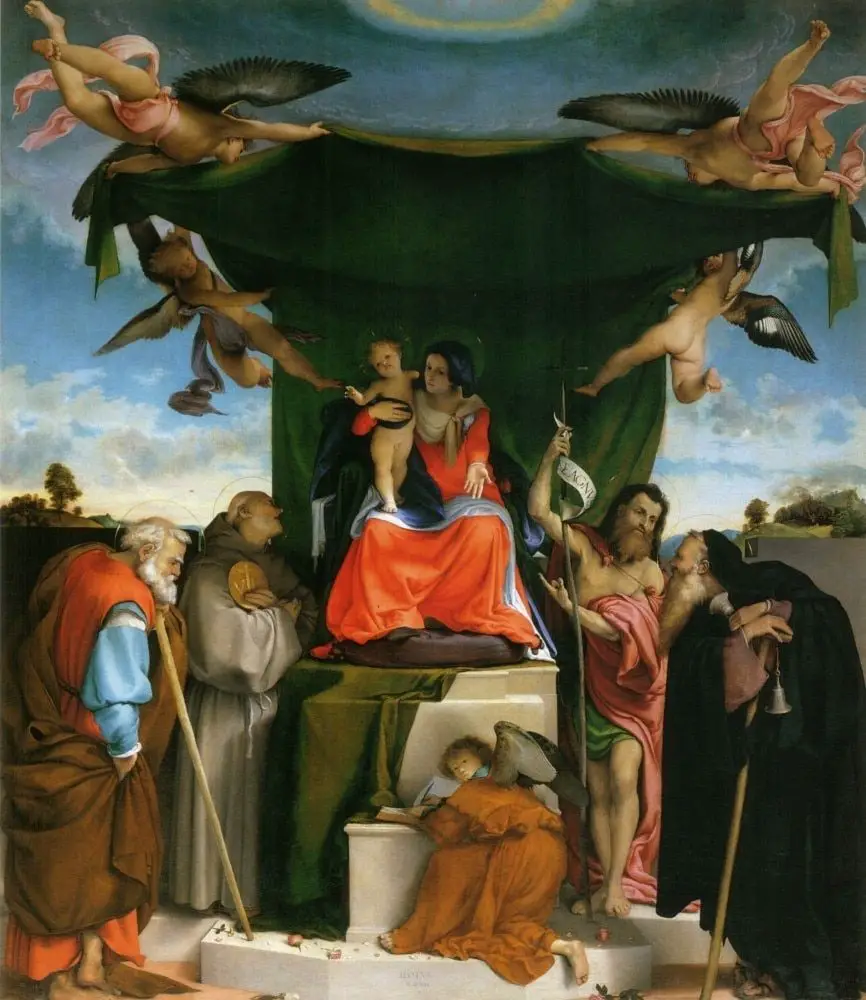
St Alexander is led to the altar by his guardians, warm cloths wrapped around his body:
M: Make haste to sacrifice to the gods if you really want to escape the dark punishment that awaits you under my command.
St Alexander of Bergamo, with little strength, managed to answer:
A: What you propose to me is an abominable act, Maximilian, what I most desire is to pay you tribute in a good manner, as the prince and emperor that you are of this sacred land. I will never worship you as another god, for you are not, and far from it.
M: If you do not do my bidding, then I will kill you. You will not escape my punishment.
A: This death, of which you boast so much, will serve me to gain eternal life and have the ascension to heaven to be in the full company of God our Lord. If I must depart from this world, be assured that I shall attain eternal life, which can only be attained by those who have acted in good faith and accepted God’s true plans. The Most High will be my only king, for He is the giver of life and death.
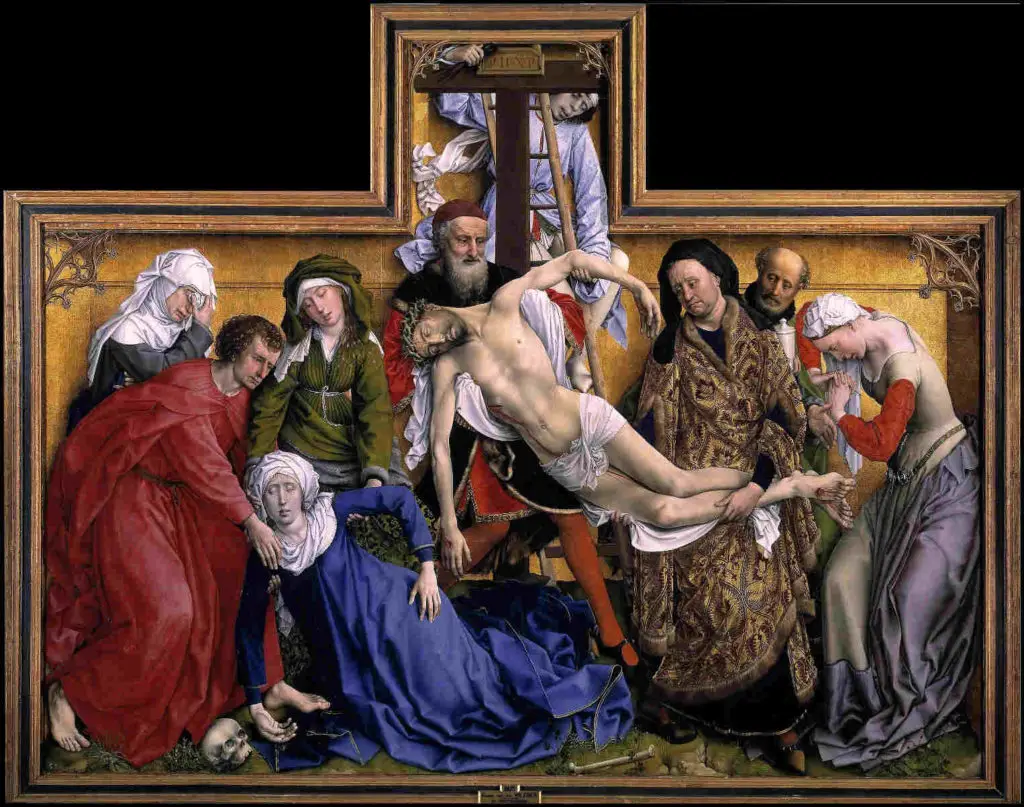
For a moment Maximilian was silent as St Alexander’s words struck a deep chord in his pride. He suggested a solution to free himself from death:
M: If you do not want to sacrifice yourself to the gods, do not worry, others can do it for you. Just join us and worship me forever, that is the only way to free yourself.
St Alexander was also silent in the face of Maximilian’s alternatives. The latter took the saint’s silence as an affirmation on his part, so he approached the altar to say
A: O Maximilian, you must come closer to the Word of God, for in it you will discover its divine perfection. With it you will no longer threaten me. The Heavenly Vault, the Most Holy Sacraments, the Holy Rosary and the Eucharist are worth more than any offence you try to commit against the true God. In spite of your infamies and tyrannies, I have already won because I have received God’s blessing.
Maximilian was so enraged that he drugged St Alexander to take over his will so that he would carry out the sacrifice. The guards dragged the saint over the jump and when he was in front of Maximilian, he threw him to the ground with a powerful kick. This was unacceptable to the Emperor, who immediately ordered him to be killed in front of the altar.
Before his head was cut off, St Alexander said his last words, looking up to heaven and waiting for God’s call:
A: O Almighty God, who has served to offer your gifts to those who have worthily worshipped you on earth. O giver of life, who judges the living and the dead, who grants the blessed the full grace to attain the kingdom of heaven. Make us worthy of the hidden knowledge of the Holy Cross and the meaning of the Crucifixion suffered by Our Lord Jesus Christ.
Make wicked people leave behind their irrational rage and seek conversion in order to be saved from the eternal fire of hell. Blessed art Thou, Almighty God, for giving me the necessary understanding to reject the proposals of this wicked emperor; for him I ask Thy intercession to nourish his heart with Thy divine word. Amen.
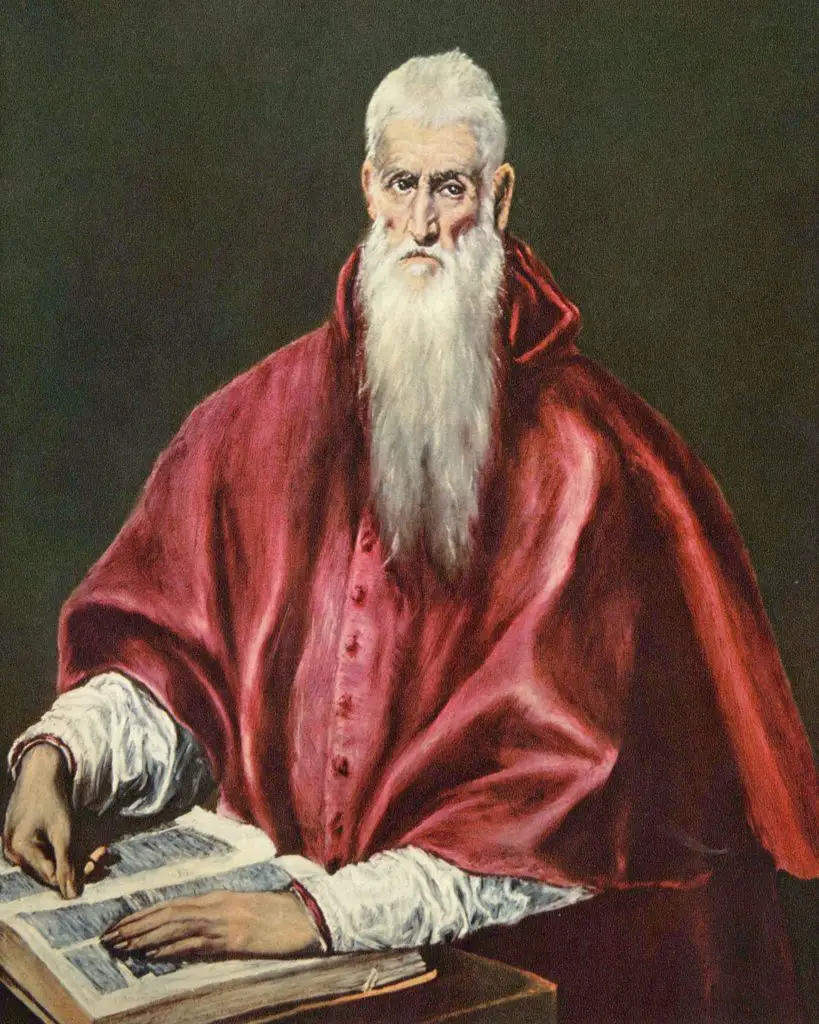
Church of St. Alexander of Bergamo
The Cathedral of Bergamo is located in Italy. It was built to worship Saint Alexander of Bergamo, who was once the patron saint of the community. In the 9th century there were already two churches in Italy named after St Alexander of Bergamo, the first standing on the exact spot where he was martyred by Maximilian; the other was actually intended to pay homage to St Vincent.
The first cathedral was demolished in the 16th century because it was convenient for the military to build their headquarters there; only the church of St. Alexander, also in honour of the great St. Vincent, remained.
In 1691, Bishop Gregory changed the name of the façade to St Alexander of St Vincent. Fortunately, this church did not undergo as many architectural changes as the baroque church of St Agnes in Agony.
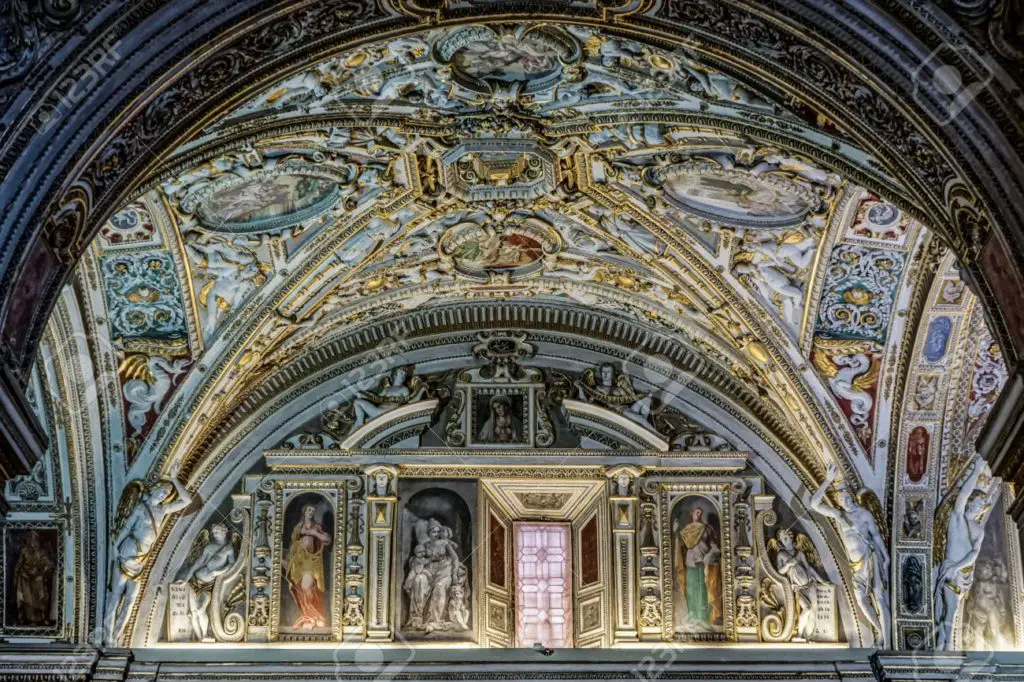
Prayer to Saint Alexander
-O Saint Alexander, who was a benevolent saint who defended the interests of our Holy Mother Church in a good way. I ask for your intercession and that of Almighty God to protect me day and night, from all my enemies and even from myself, for I am not exempt from making mistakes that fail at your command.
Take care of my family so that nothing and no one tries to harm them. May my performance at work be the best, may my love relationship grow stronger and may my Christian spirit remain alive in my soul. Watch over the whole world so that orphans and the destitute get the love they have been denied and a good family to care for them. Amen.

Saint Alexander Pope
The great Saint Alexander was born in Alexandria in the year 250. He always lived there because he had a strong desire to serve God in some way. He was the successor of Aquinas and was appointed Bishop of Alexandria. He strongly rejected the heresies, especially the false prophets and historians who claimed that Jesus Christ was not the true Son of God.
He opposed the dogmas imposed by a priest known as Arius, who denied that Jesus was the only begotten Son of the Most High. Although St Alexander was a strict and somewhat ill-tempered bishop, he always showed an interest in helping those in need. His Christian faith and devotion led him to the seminary, and his virtues soon made him the bishop of his native community.
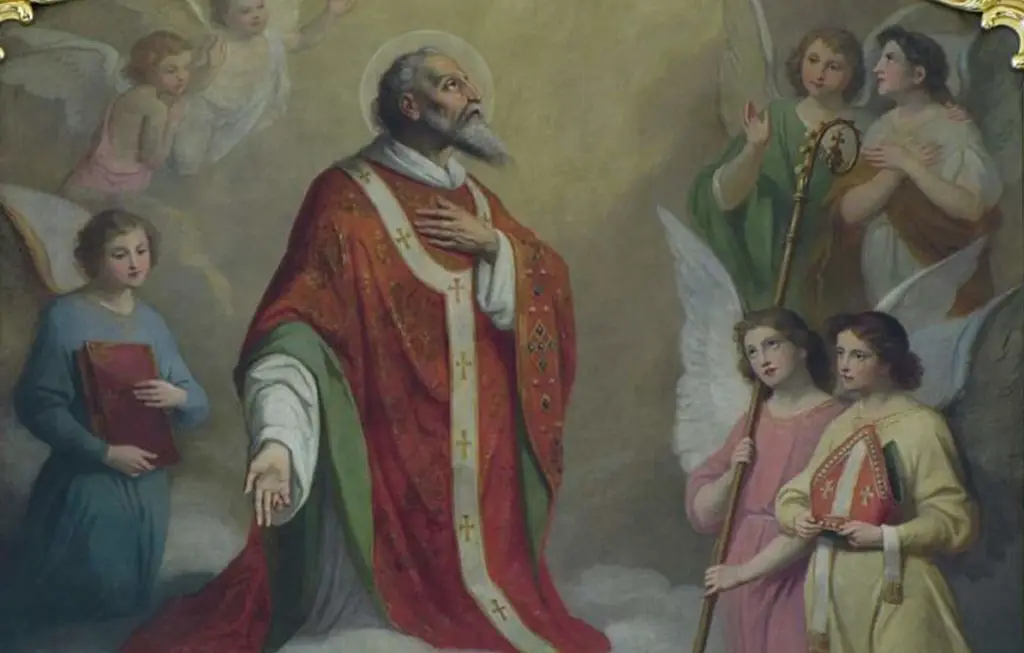
St Alexander also supported the men who led an enemitic life, thus respecting the influence of St Anthony Abbot on those who wanted to take refuge in solitude. The saint received special permissions in his office, for example to appoint other priests to lead the lay ministry throughout Egypt. St Alexander was tempted by the devil through Arius, who wanted to enrage him with the premise that Jesus was not the Son of God.
In fact, Arius spread misinformation throughout Alexandria to make St Alexander look like a false prophet. Although the man was the victim of slander, he remained calm because he knew about the priest’s lies. St Alexander had a discussion with Arius to refute all the information he was spreading in Egypt and to return to the Orthodox Church.

